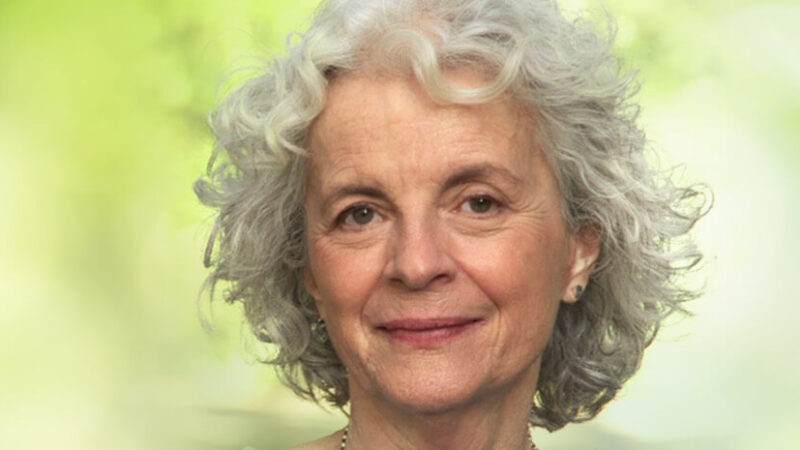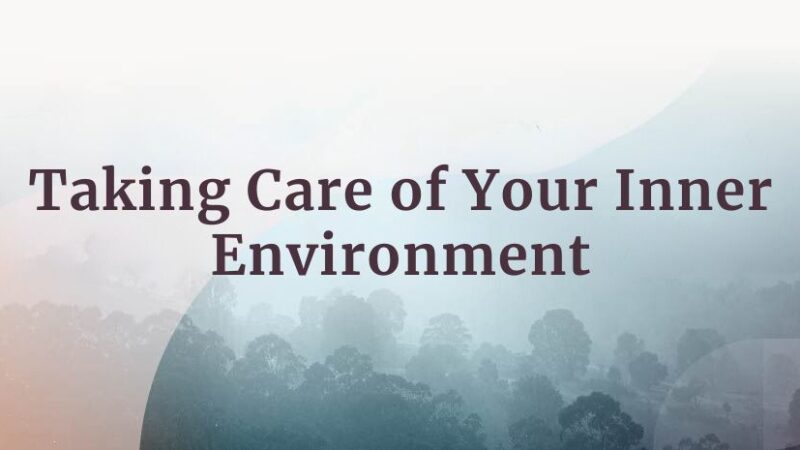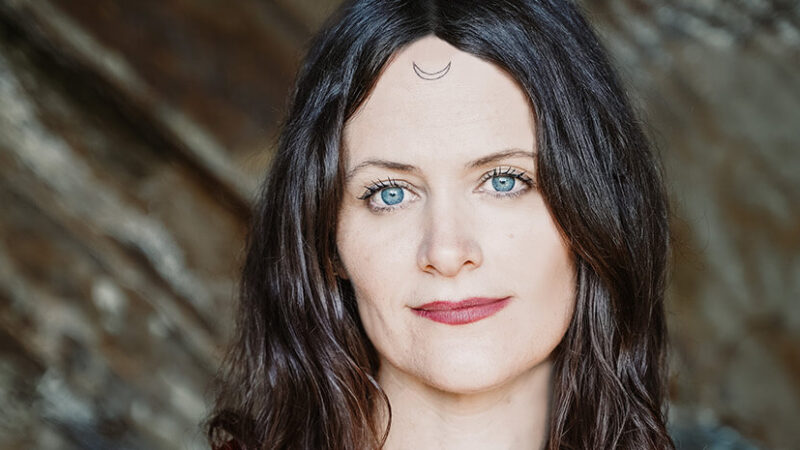-
E117: The Real Work: Letting Go from Within
Michael Singer — October 2, 2025
True spirituality isn’t about mystical experiences or lofty ideals—it’s about honestly facing...
-
Once More: Reflections on Reincarnation and the Gap Between Lives
Tami Simon — September 26, 2025
In this special reflection episode of Insights at the Edge host Tami Simon looks back on her...
-
Honey Tasting Meditation: Build Your Relationship with Sweetness
There is a saying that goes “hurt people hurt people.” I believe this to be true. We have been...
Written by:
Amy Burtaine, Michelle Cassandra Johnson
-
Many Voices, One Journey
The Sounds True Blog
Insights, reflections, and practices from Sounds True teachers, authors, staff, and more. Have a look—to find some inspiration and wisdom for uplifting your day.
Standing Together, and Stepping Up
Written By:
Tami Simon -
The Michael Singer Podcast
Your Highest Intention: Self-Realization
Michael Singer discusses intention—"perhaps the deepest thing we can talk about"—and the path to self-realization.
This Week:
E116: Doing the Best You Can: The Path to Liberation -
Many Voices, One Journey
The Sounds True Blog
Insights, reflections, and practices from Sounds True teachers, authors, staff, and more. Have a look—to find some inspiration and wisdom for uplifting your day.
Take Your Inner Child on Playdates
Written By:
Megan Sherer
600 Podcasts and Counting...
Subscribe to Insights at the Edge to hear all of Tami's interviews (transcripts available, too!), featuring Eckhart Tolle, Caroline Myss, Tara Brach, Jack Kornfield, Adyashanti, and many more.
Most Recent
The Inside Story: The Power of Interoceptive Awareness
Susan Sands, PhD, is a clinical psychologist known for her trailblazing work in female development and body-based disorders. She incorporates Buddhist thought and meditation into her work with patients. A former journalist, she publishes and presents widely on the topic of eating disorders and body image, and she is a core faculty member at the Psychoanalytic Institute of Northern California in San Francisco.
In this podcast, Sounds True founder Tami Simon speaks with Susan Sands about her new book, The Inside Story, illuminating the surprising benefits that come with growing older and deepening our capacity to perceive our inner world more intimately. Tami and Susan discuss how interoceptive awareness is critical to our happiness as we age; body sense versus body image; the connection between having a high level of interoceptive awareness and having access to personal agency; how spiritual practices like meditation, mindfulness, and yoga help us cultivate interoceptive awareness; countering negative thoughts about our aging bodies by using “ageism disruptors”; developing a stable body image in our day to day lives; experiencing the pleasure of the inner body as we age; the positivity bias, and how it increases over time; the surprising beneficial physiological effects of aging; “mixed emotions” and the wisdom that comes with being older; the happiness curve, and how we can work to rewrite negative ageist narratives; addressing age inequality in today’s society; and more.
S2 E4: Taking Care of Your Inner Environment
A filthy home is an open invitation for rats and roaches to move in. In the same way, Michael reveals that neglected thoughts and emotions attract destructive unconscious behaviors.
For more information, go to michaelsingerpodcast.com.
© Sounds True Inc. Episodes: © 2024 Michael A. Singer. All Rights Reserved.
The Archetypal Journey from Maiden to Mother
Sarah Durham Wilson is a women’s rites of passage leader and author who previously worked as an arts and music writer for Rolling Stone, Vanity Fair, and Interview magazines. Her offerings are rooted in archetypal mother work and resurrecting the rite of passage from maiden to mother. Sarah has taught courses and led retreats for thousands of women over the past decade. With Sounds True, she is the author of the book Maiden to Mother: Unlocking Our Archetypal Journey into the Mature Feminine.
In this podcast, Sounds True’s founder, Tami Simon, speaks with Sarah Durham Wilson about the book and how it helps us to reclaim our power and free ourselves from internalized patriarchal values. They discuss insights into the nature of the mature feminine; developing your “inner mothering” power; the “triple mother wounds” facing women today and other impacts of being unmothered; rituals and ceremonies to accelerate and deepen the journey from maiden to mother; the archetype of the Death Mother; the archetype of the Priestess; the symbol of the crown; finding your path of power instead of “hiding your witch”; your “mother river,” and how it keeps you on track on your evolutionary journey; why “we make it through the underworld by surrendering; we never make it by fighting it or denying it”; the archetype of the Crone or Wise Woman; taking responsibility and being at the front lines of your life; and more.
Customer Favorites
Life Visioning
Nobody else possesses your unprecedented blend of gifts, experiences, and perspectives. So why have you been given this singular treasure, and what will you do with it? This is the focus of Michael Bernard Beckwith’s book Life Visioning: A Transformative Process for Activating Your Unique Gifts and Highest Potential. In this episode of Insights at the Edge, Tami Simon speaks with Beckwith about the four evolutionary stages of the development of consciousness and how the Life Visioning Process works in each stage. Tami and Michael also discuss some of the biggest obstacles people experience with Life Visioning, and the importance of unconditional love as the atmosphere for the Life Visioning Process. (64 minutes)
A.H. Almaas: Presence: The Elixir of Enlightenment
A.H. Almaas is the pen name of A. Hameed Ali, a veteran spiritual teacher who founded The Ridhwan School in 1976 to spread The Diamond Approach®, his particular path of spiritual inquiry. He has written many books, including The Pearl Beyond Price, The Unfolding Now, and The Alchemy of Freedom. With Sounds True, he will soon be launching Presence—an eight-week online course devoted to exploring the always-available consciousness underlying all of reality. In this episode of Insights at the Edge, Tami Simon speaks with Almaas about approaching Presence as “the elixir of enlightenment”—the central key to understanding our spiritual nature. Almaas explains the experiential feeling of touching Presence and provides examples of other teachers who have attempted to explain it. Tami and Almaas discuss the possible meaning of enlightenment and why body-based practices are essential to discovering Presence. Finally, they consider why the spiritual path is essentially endless and what it means to be a “complete human being.” (64 minutes)
E37: From Complaints to Contentment: A Guide to Inner ...
We live on an extraordinarily amazing planet compared to any others we have seen. Yet, despite this, we are prone to complaining on a daily basis. Personal dissatisfaction arises from judging and resisting reality and suppressing past emotional pain. This creates the buildup of lifelong inner blockages that cause even more suffering and dissatisfaction. By releasing these blockages and transcending the limitations of the personal mind, we can achieve spiritual growth and experience true contentment and joy.
For more information, go to michaelsingerpodcast.com.
© Sounds True Inc. Episodes: © 2024 Michael A. Singer. All Rights Reserved.





